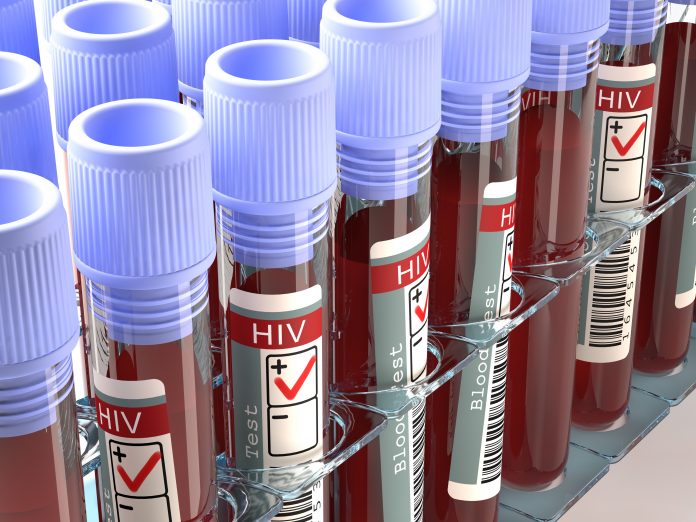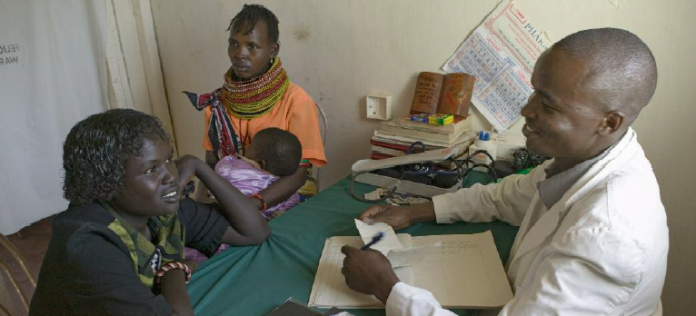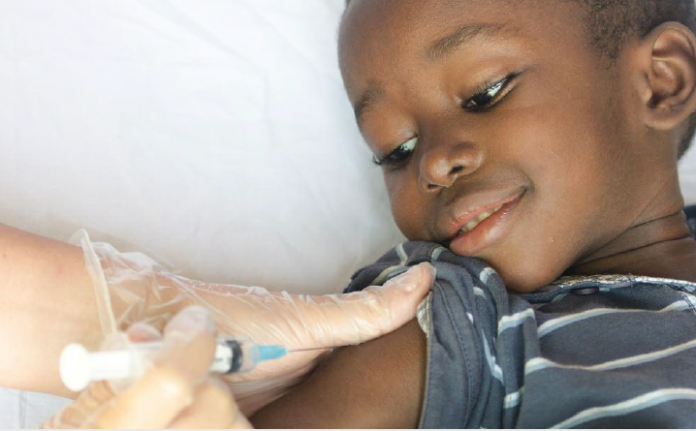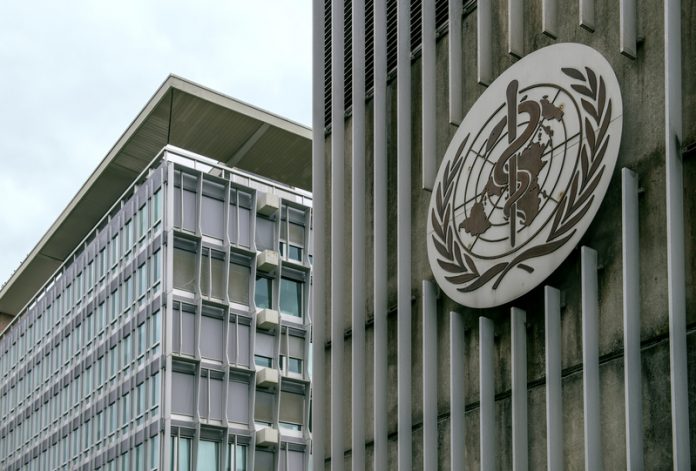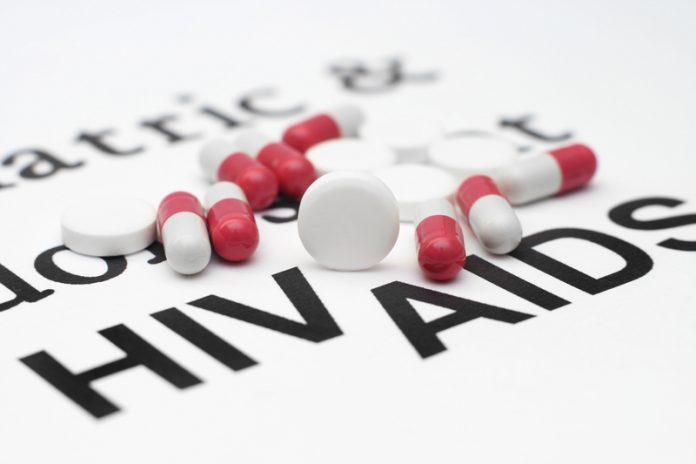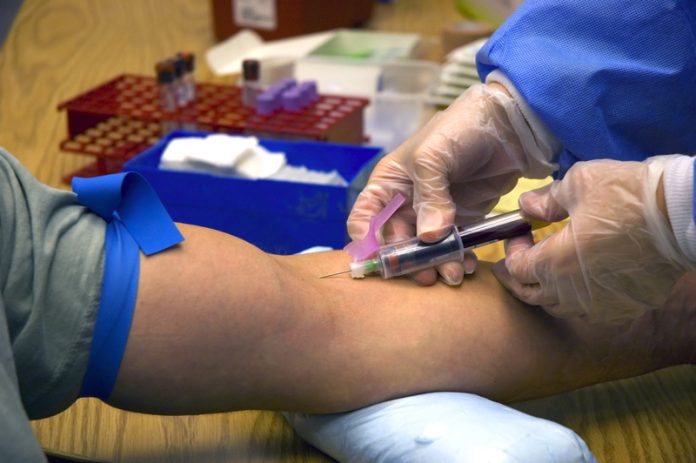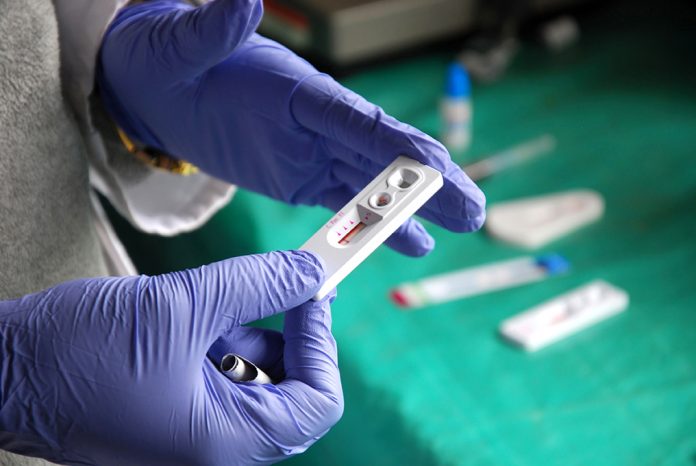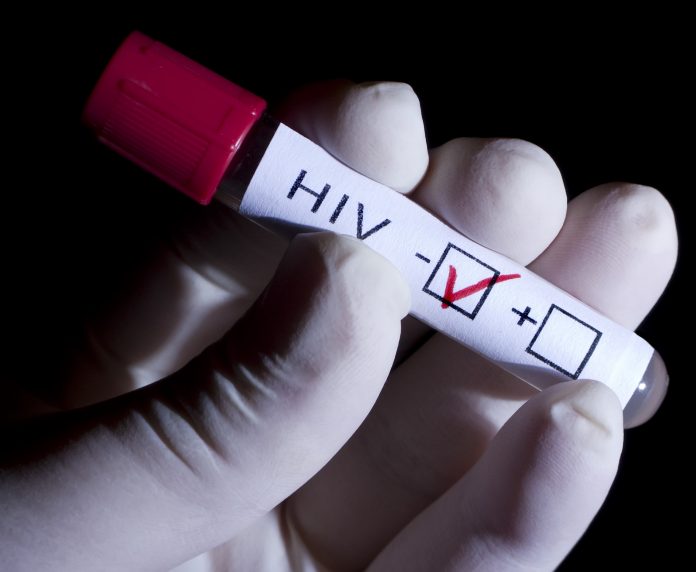Home Search
antiretroviral - search results
If you're not happy with the results, please do another search
Life expectancy is up for HIV patients in Latin America
Researchers studied over 30,688 HIV patients across seven Latin American countries - finding that life expectancy has dramatically increased over a period of 14 years.
Improving self-management in HIV care with mHealth
Here, Professor Bertrand Lebouché introduces ‘warm’ mobile health technology to enable better self-management in HIV care.
Bertrand Lebouché – Centre for Outcome Research & Evaluation, Research Institute of the McGill...
Bertrand Lebouché, MD, PhD is a HIV and HCV Primary Care specialist at the Chronic Viral Illness Service of the McGill University Health Centre (MUHC)
An Associate Professor of Family Medicine at McGill University (Montreal, Canada), and a scientist conducting patient-oriented clinical research in HIV. Dr. Lebouché completed his medical...
Canada: Far behind other G7 countries in eliminating new HIV infections
Gary Lacasse, Executive Director with Kelly Puddister and Patrick Wright from the Canadian AIDS Society, argue that Canada is far behind other G7 countries in eliminating new HIV infections, with a 25.3% increase in new cases reported between 2014 and 2018.
UAE: Prisoners do not have access to HIV treatment
Here, Human Rights Watch discuss how United Arab Emirates (UAE) prison authorities are limiting access to HIV treatment for non-national prisoners.
New HIV research finds no link to contraceptive methods
New HIV research conducted in 4 African countries found no significant difference in the risk of HIV infection among women using one of three highly effective, reversible contraceptive methods.
Tackling HIV in the African Region: Improving the health and well-being of people
The WHO Regional Office for Africa are tackling HIV in the African Region to improve the lives and wellbeing of people dealing with the disease.
The priorities for tackling infectious diseases in Africa
In this interview, public health specialist Dr Wilfred Alexander Chalamira Nkhoma from the World Health Organization (WHO) Office for the Africa Region speaks to us about the priorities for tackling infectious diseases in Africa, with a particular focus on Tuberculosis (TB) and viral hepatitis.
Universal health coverage (UHC)
The World Health Organization’s universal health coverage (UHC) initiative, plus the expansion of health insurance in Africa are explored here by Open Access Government
Specific Language Impairment (SLI) versus Speech Sound Disorders (SSD)
The important differences between Specific Language Impairment (SLI) in children and Speech Sound Disorders (SSD) in children are placed under the spotlight by Mabel L. Rice, Fred & Virginia Merrill Distinguished Professor of Advanced Studies at the University of Kansas
Childhood cancer trends: how to interpret new findings
Dr Eva Steliarova, Scientist at IARC’s Section of Cancer Surveillance explains how research results can be used to reduce the burden of cancer in children
HIV transmission stigma still persists despite scientific evidence
A new campaign from the Terrence Higgins Trust aims to debunk some of the myths and beliefs surrounding HIV
Overlooked by public health: Specific language impairment
Mabel L. Rice, University of Kansas highlights specific language impairment and why it often goes unrecognised as health disorder
Towards the 2030 health goals: European action on HIV and viral hepatitis
European action on HIV and viral hepatitis is at a necessary turning point to meet 2030 SDGs, writes Dr Masoud Dara of the WHO Regional Office for Europe
2030 is a milestone year for world leaders, and for all of us, as our action to end the AIDS and hepatitis...
How do we reduce HIV transmission in Southern and Eastern Africa?
Better understanding of the factors at play will enable efforts to reduce HIV transmission in Southern and Eastern Africa, where incidence rates are highest
The global HIV epidemic peaked at 3 million new infections in the year 2000. However, since 2010 the decline has stalled at 2 million new infections...
WHO guidance on HIV self-testing issued to coincide with World AIDS Day
Ahead of World AIDS Day on 1 December, the World Health Organization has released new guidelines on HIV self-testing to improve access to HIV diagnosis
According to a WHO progress report published this week, lack of diagnosis for HIV is one of the major obstacles that stands in the way...
Are we standing in our own way on the path to a cure for...
Although there are many reasons to celebrate the life-extending benefits from antiretroviral therapeutics (ART) for HIV/AIDS and the ability to chronically manage patients’ disease for decades, the majority of people around the world living with the virus do not have access to ART and those that do, have over...
HIV-1 vaccine remains the best solution
Professor Tomáš Hanke of the Jenner Institute, University of Oxford discusses why the development of HIV-1 vaccine remains a high global health priority
Since the first report of AIDS in 1981, an estimated 60 million people have become infected with HIV-1, of whom some 25 million have died. Over 90%...
HIV-1 vaccine remains the best solution
Professor Tomáš Hanke of the Jenner Institute, University of Oxford discusses why the development of HIV-1 vaccine remains a high global health priority…
Since the first report of AIDS in 1981, an estimated 60 million people have become infected with HIV-1, of whom some 25 million have died. Over 90%...
Working towards a vaccine for HIV
Professor Tomáš Hanke, The Jenner Institute at the University of Oxford, explains the difficulties in developing vaccines for HIV.






